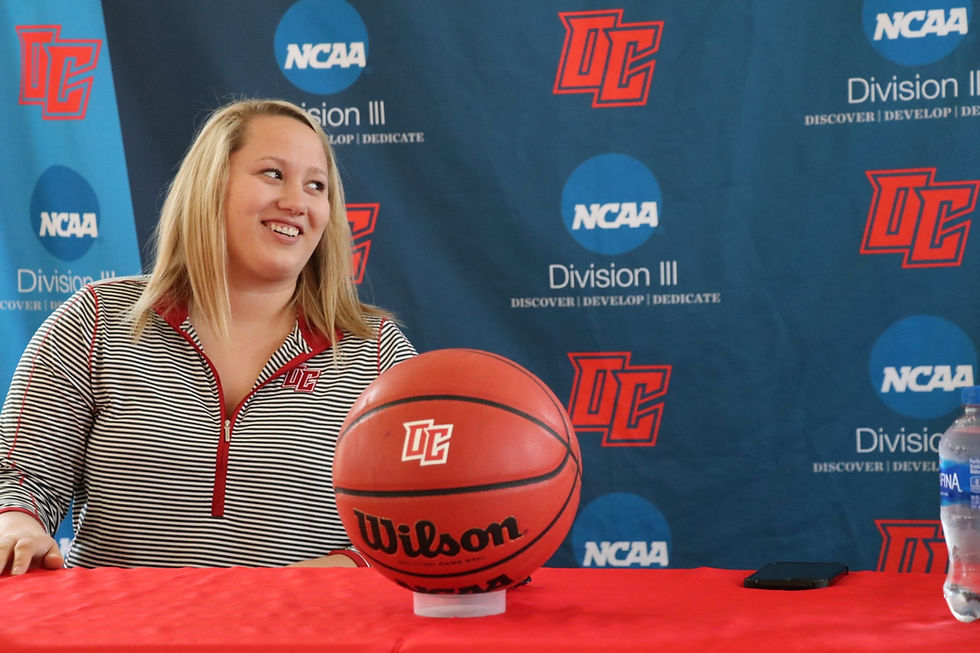OPINION: The Book Was Better?
- WOCR Staff

- Dec 3, 2019
- 3 min read
By Asher Wertheimer

Alright folks, I think this is important to talk about, seeing as how this is a radio station, and radio is media, and those of us working here are all media people, and books and film are media. Did I explain that well enough?
Let me try again.
So, on my podcast, 22 Hours to Park City, we had a few episodes in which we discussed film and TV. I am an avid film junkie, as well as a bookworm, so I love to talk about both medium. But it annoys me when people use the phrase ‘the book was better’ as a valid excuse to discount a film. Because it’s not. So I figured I’d give a short little blurb as to why.
The biggest reason why the ‘the book was better’ argument is invalid to entirely disregard a film, is because they are two totally different medium. For one, reading a book is a very active process. You have to comprehend the words, build the world in your mind, and understand the characters. If you cease to participate, then the whole thing falls apart. We’ve all been in the position where we’ve read a sentence or two, and realize we got none of the information. So we have to go back and reread. The story stopped once our comprehension was gone. With film, however, one is very passive. You sit there, and watch. Sure, you still have to understand the story and characters, but if you zone out, the story carries on without you. Your participation is not necessary for the film to continue.
Another thing that differentiates them is time. A film must compress the story into 90 minutes, or 120 if it’s lucky. As a result, there is not as much time for side plots and character building. A book, however, is much more time consuming. People read books over days and weeks. You can set a book down, come back to it, and still enjoy it. A movie is meant to be seen all in one sitting. Because books have this leeway with time, they can do so much more with the story.
Books can also put you directly inside of a character’s head, whereas a movie places you outside, as an observer. In a book, the author can tell you what a character is feeling, or thinking, or their reaction. A movie can do this too, but it is all dependent on the actor.
If, say, a character sees a red bike, and is reminded of her mother who always rode a red bike, the author can say that the character felt a pang of guilt at not calling her mother the day before she died, like she had said she was going to. The author can describe the feeling that character feels, like her skin is hot with shame, and her gut twists inside her. A film may be able to replicate some of these emotions, but not to the same degree, or with the same efficacy. We may see the actor see the red bike, and there is a flashback to her mom riding the bike, followed by a short series of clips showing us the time the character did not call her mother. The actor may then wipe a solitary tear away, and keep walking. The same scene occurs, but with less feeling. This is not to say that films are ineffective in stirring emotions. It is quite effective to actually see a person act out the scene or react to a scenario. Just ask anyone who watched Marley and Me.
The final reason I will give as to why it is not entirely bad for a film to stray from its source material, is variety. Someone who has read the book can have a different experience once they see the movie, and vice versa. This has happened to me many times. For example, I had seen The Shining before I had read the book. I love the movie, and was very excited for the book, as I am a huge Stephen King fan. The book is, needless to say, quite different from the movie, and I have come to prefer it out of the two. But I still love them both. The movie is a very different experience than the book, and I got something different out of both of them.
I think it is important for films to stay true to their source material, but it is also ok for them to stray, and experiment. Scripts and novels are written in two different languages, and that is ok.
Find another criticism.




Comments